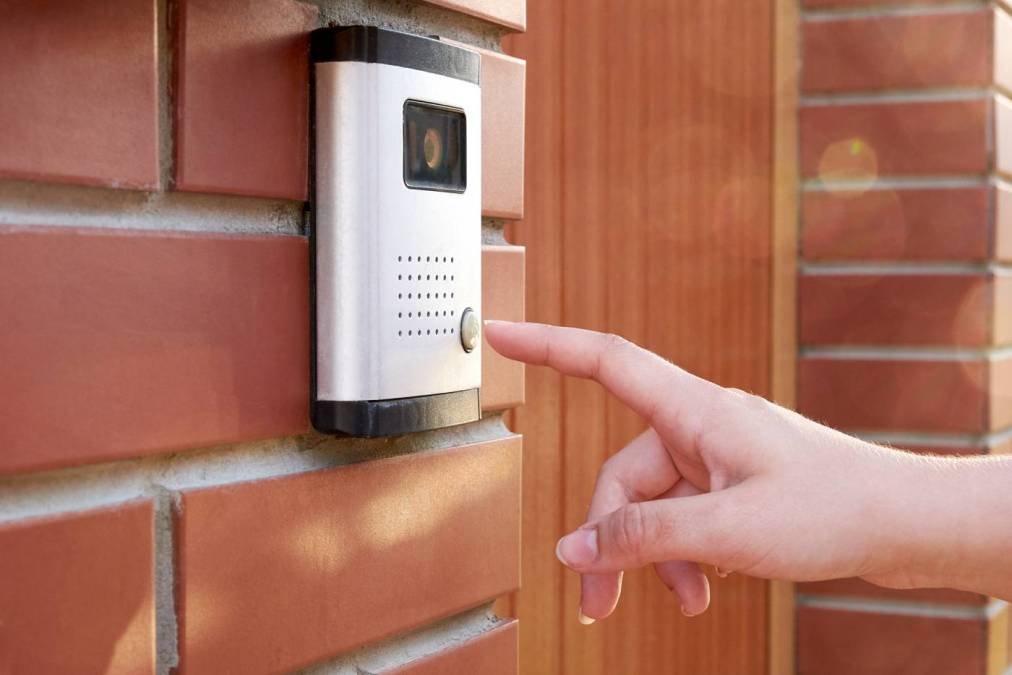Washington, D.C., police unveil real-time crime center, private security camera program

Washington, D.C., Mayor Muriel Bowser on Monday unveiled the Metropolitan Police Department’s real-time crime center and launched CameraConnect DC — a program that allows residents and businesses to share their security camera footage with police.
The MPD’s real-time crime center, which has been running since mid-February, serves as the “nerve center” for local, regional and federal law enforcement agencies to monitor and respond to criminal activities in real time, according to a news release. Data from CCTV security cameras and emergency calls is fed into the center and analyzed to provide officers with greater situational awareness in the field.
When plans for the investigative outpost were first shared last year, officials said the center would be staffed around the clock with officers from nine local law enforcement agencies, as well as support from federal investigative partners at the Bureau of Alcohol, Tobacco, Firearms and Explosives, FBI and the U.S. Marshals Service.
The center was funded through Bowser’s 2025 budget, which includes $8.7 million for 40 new community safety officers, freeing up about 50 police officers for crime-fighting tasks, officials said. The budget also includes $3.4 million for MPD to procure and maintain crime-fighting technology and $13 million for the department to nearly triple its CCTV camera inventory and replace license plate readers.
Also fed into the real-time crime center will be video footage provided by the new CameraConnect DC program, which allows residents and businesses with video cameras to register their cameras with the police, officials said. If a crime occurs near a residence with a registered doorbell or CCTV camera, the center will send an alert to that resident requesting any relevant footage that could help the investigation of the crime.
Businesses, apartment complexes and commercial facilities in the area can fully integrate their footage with the crime center, which would provide MPD with instant access to camera footage should a threat or incident occur nearby.
Real-time crime centers have become more common in recent years, drawing concern from watchdog groups that worry about unfettered surveillance by law enforcement. The Washington, D.C. city government, meanwhile, has run a grant program for private security cameras since 2016. It helps residents, businesses, nonprofits and religious entities buy security camera systems and install and register them with the Metropolitan Police Department. The program has allowed the district to deploy nearly 28,000 private security cameras throughout the city.
“The policies and strategies we’ve put in place to rebalance our public safety ecosystem are helping us drive down crime, and the Real-Time Crime Center is part of those efforts,” Bowser said in a news release. “We have been focused, for many years now, on how we expand our network of cameras, because we know that video plays a key role in investigating cases and successfully prosecuting criminals. Now, we are calling on residents and businesses to partner with us through CameraConnect DC to help us build a safer, stronger DC.”






